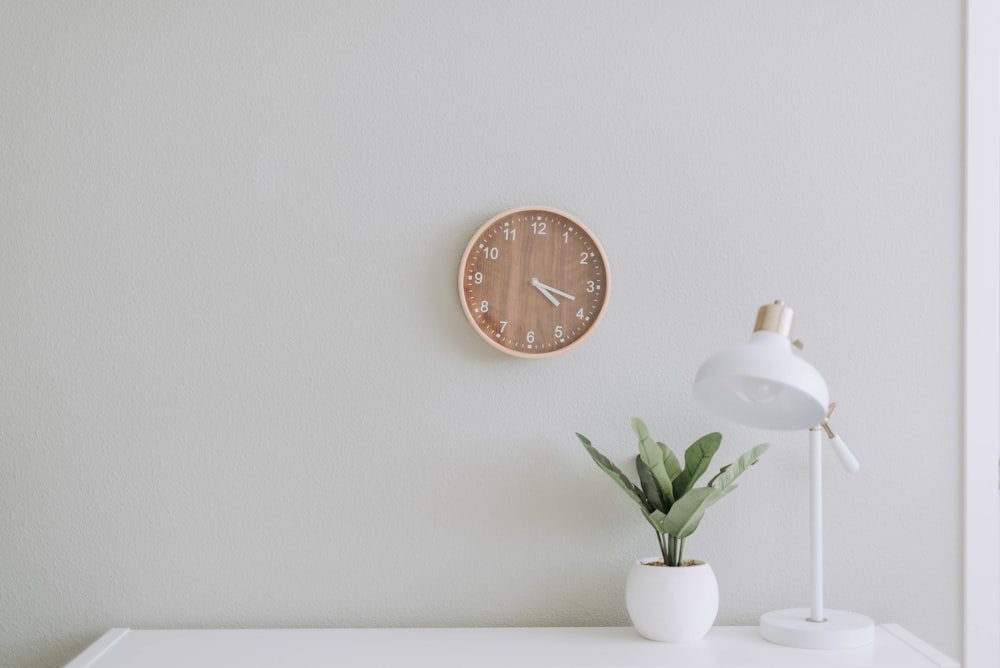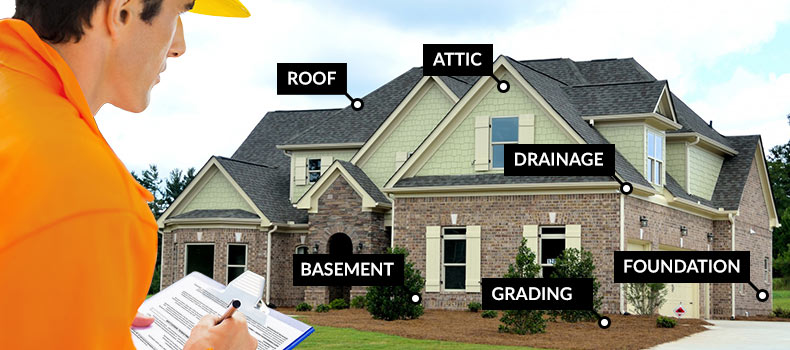Essential Fall Home Maintenance: Keeping Your Property in Shape
Preparing Your Home Exterior for Fall
As the leaves start to change and temperatures begin to drop, it’s essential to prepare your home’s exterior for the fall season. Start by inspecting your roof for any signs of damage or wear, such as missing shingles or leaks. Clear out gutters and downspouts to prevent clogs and ensure proper drainage during autumn rains. Trim back any overgrown trees or bushes that could pose a hazard during fall storms, and seal up any cracks or gaps in your home’s siding to keep out drafts and pests.
Checking Your Heating System
As the weather cools down, your heating system will start to see more use. Before you crank up the heat for the first time, it’s a good idea to have your furnace or heat pump inspected by a professional. They can clean and tune up your system to ensure it’s running efficiently and safely. Don’t forget to change the filters in your heating system regularly throughout the fall and winter months to keep the air in your home clean and healthy.
Sealing Up Drafts and Air Leaks
One of the most effective ways to keep your home warm and cozy during the fall and winter months is by sealing up drafts and air leaks. Check around windows and doors for any gaps or cracks where warm air could escape or cold air could seep in. Use weatherstripping or caulking to seal up these areas and prevent energy waste. You can also add draft stoppers to the bottoms of doors to keep out chilly drafts.
Cleaning and Inspecting Your Chimney
If you have a fireplace or wood-burning stove, fall is the perfect time to clean and inspect your chimney. Hire a professional chimney sweep to remove built-up creosote and debris from your chimney and ensure that it’s safe to use. They can also inspect the chimney for any signs of damage or wear that could pose a fire hazard. Remember to keep your chimney flue closed when not in use to prevent drafts and heat loss.
Preparing Your Outdoor Spaces
Fall is a great time to enjoy your outdoor spaces before winter sets in, but it’s essential to prepare them properly. Clean and store outdoor furniture and cushions to protect them from the elements, and drain and store garden hoses to prevent freezing and damage. If you have a deck or patio, give it a thorough cleaning to remove leaves, dirt, and debris that could cause slips or falls. Consider adding outdoor lighting to illuminate your outdoor spaces and create a cozy atmosphere for fall evenings.
Inspecting Your Home’s Safety Features
Fall is also a good time to inspect your home’s safety features and make sure they’re in good working order. Test smoke detectors and carbon monoxide alarms to ensure they’re functioning correctly and replace the batteries if needed. Check fire extinguishers to make sure they’re fully charged and not expired, and review your family’s















